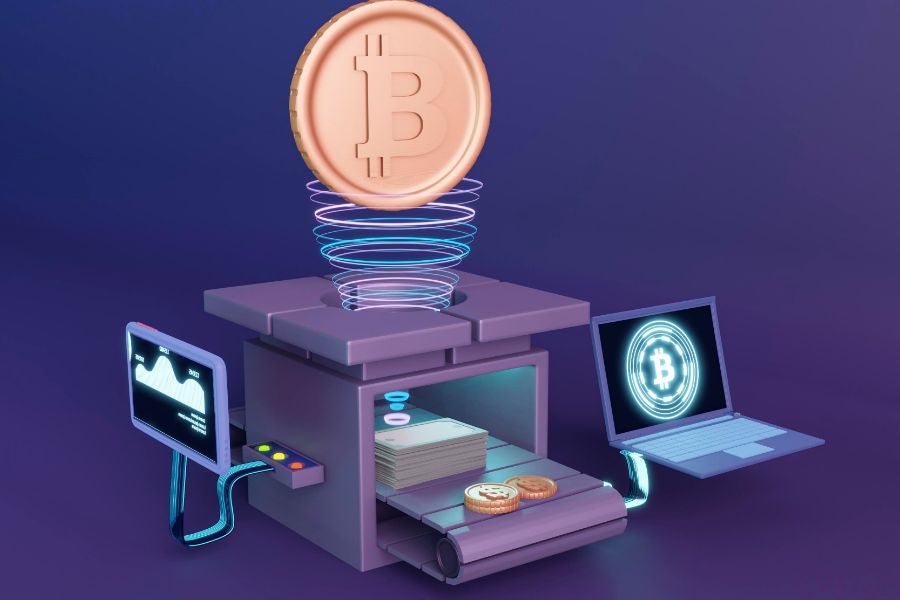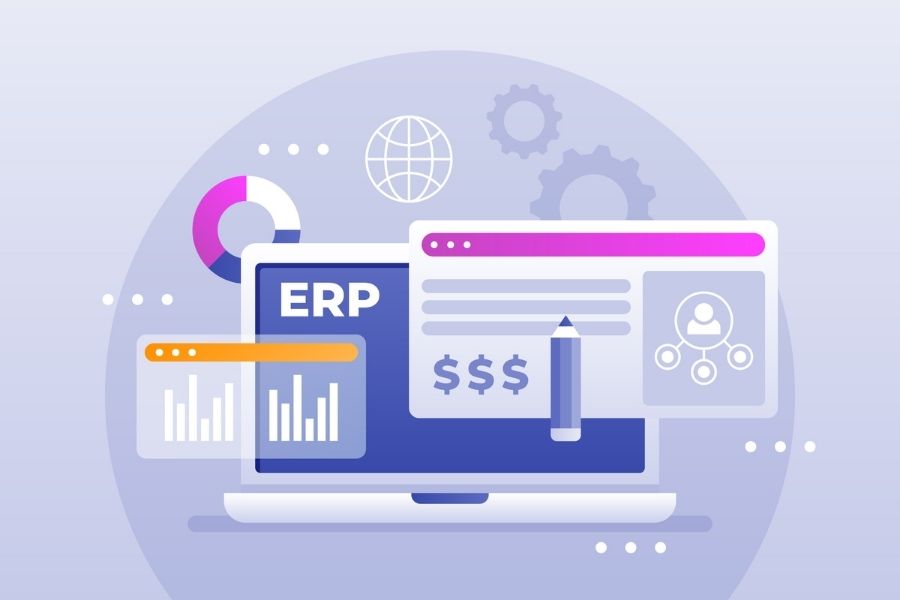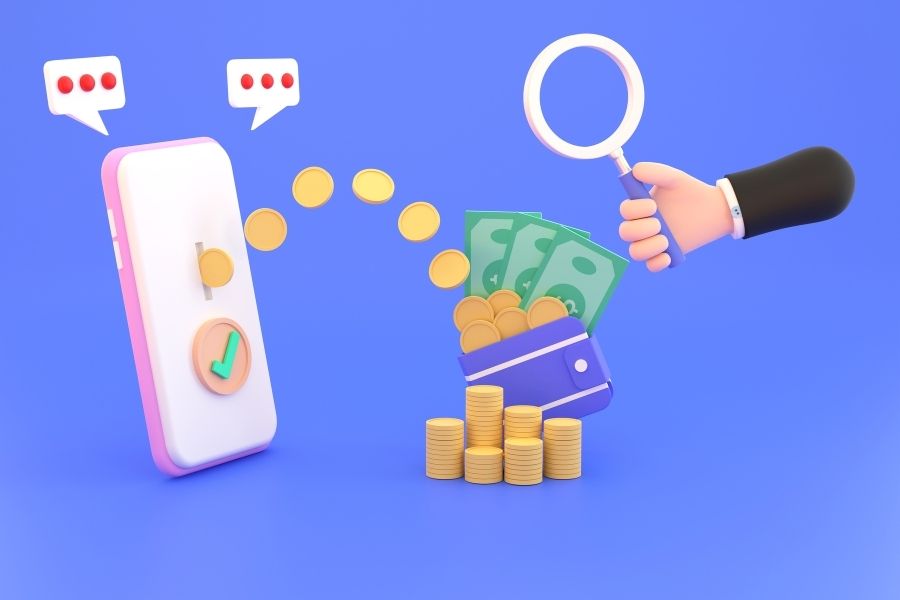NFTs are currently taking the advanced world. Digital specialists are seeing their lives alter much appreciated to tremendous deals to an unused crypto-audience. And celebrities are joining in as they spot an unused opportunity to associate with fans. But computerized art is one way to utilize NFTs. Truly, they can be utilized to speak to proprietorship of any kind of asset, like a deed for anything within the digital or physical realm. So, what is NFT? Let’s be honest about it in the following article.
What is NFT?
An NFT is a digital resource on behalf of real-world objects like art, music, in-game things and videos. They are bought and sold online, regularly with cryptocurrency, and are for the most part encoded with the same basic program as numerous cryptos.
In spite of the fact that they’ve been around since 2014, NFTs are picking up their reputation presently since they are becoming a progressively well-known way to purchase and offer digital work of art. A stunning $174 million has been spent on NFTs since November 2017. NFTs are, moreover by and large one of a kind, or at slightest one of a really constrained run, and have one-of-a-kind identifying codes.
Anybody can see the individual images—or the whole collage of pictures online for complimentary. So why are individuals willing to spend millions on something they could easily screenshot or download? Since an NFT permits the buyer to possess the initial thing. Not as it were that, it contains built-in authentication, which serves as a confirmation of proprietorship. Collectors esteem those “digital bragging rights” nearly more than the thing itself.
How do NFTs work and what are they used for?
NFTs exist on a blockchain, which is a distributed public ledger that records transactions. They are created or “molded” from digital objects representing both tangible and intangible items, including Art; GIFs; Video and sports highlights; Collections; Virtual avatars and video game skins; Designer sneakers; Music. Essentially, NFTs are like physical collector’s items, just digital. So instead of getting an actual oil painting to hang on the wall, the buyer gets a digital file instead.
NFTs can have one proprietor at a time. Its special information makes it simple to confirm proprietorship and exchange tokens between holders. Proprietors or creators can moreover store particular data inside them.
Blockchain innovation and NFT provide specialists and content creators a unique opportunity to monetize their works. For illustration, artists now ought not to depend on exhibitions or sell-off houses to offer their work. They can instead offer it specifically to the buyer as an NFT, which permits them to keep more benefits. In addition, artists can program with sovereignties to get a rate of income at whatever point their work is sold to a modern owner.
Pros and Cons of NFTs
Pros
The first benefit of NFTs is value growth. Like any other investment, NFT always has the potential to grow the value of your investment. For example, CryptoPunk #3100 sold for $2,127 on July 6, 2017. Despite receiving many offers, the owner did not sell. However, that collector is probably looking at more than $7.5 million return on the investment they made on the sale.
Another benefit it offers is unique ownership. When you own these digital collections, you will know they are irreplaceable. You’ll be delighted to know you own a one-of-a-kind piece of work, whether it’s a painting, piece of furniture or digital image, audio track, or other digital content.
The record benefit is also a notable benefit of NFT. Admittedly, records of authenticity and chain of custody for valuable works of art are sometimes difficult to maintain; however, NFT can do this. NFT is increasingly proving to be a great way to manage and control sensitive data and records.
Cons
One disadvantage of NFT is that it won’t help digitize physical art because we can’t digitize objects. In addition, NFT has an uncertain value: it is confusing even for professionals. Essentially, these works, when purchased, are just a record indicating that you own the tokens behind the original asset. The real question here is “How much value is there in owning a property that you don’t control?”. Environmental costs are also a concern. A recent Cambridge University study found that everything related to a blockchain is unsustainable from an environmental point of view because of the amount of energy used.
Conclusion
We are always willing to support platforms that help businesses grow, and NFT is no exception. Connect with us to find out more information about it.
►►► See our products: Magento POS, BigCommerce POS, Shopify POS, Woocommerce POS, NetSuite POS, Commercetools POS, Customize POS, Customer Experience Solution and Next-Gen POS




